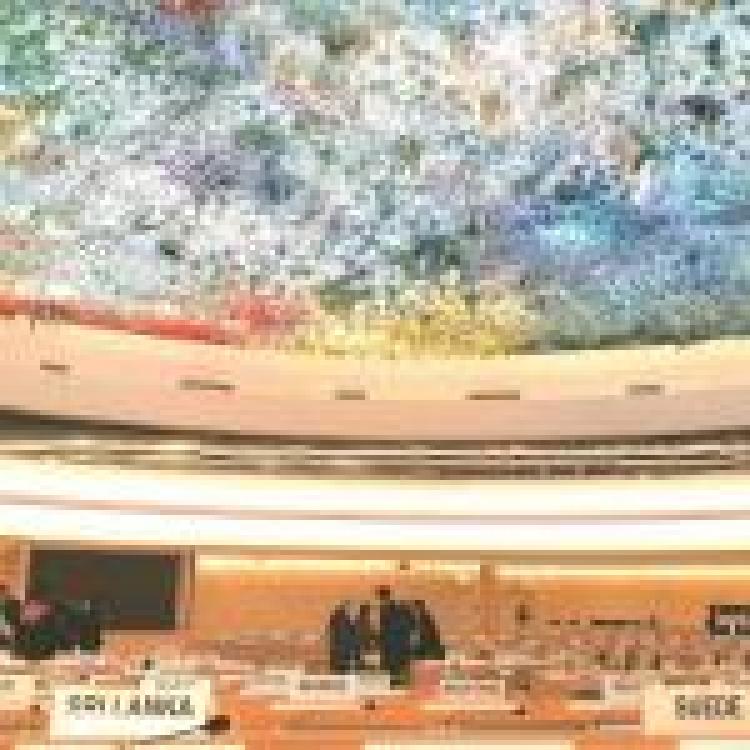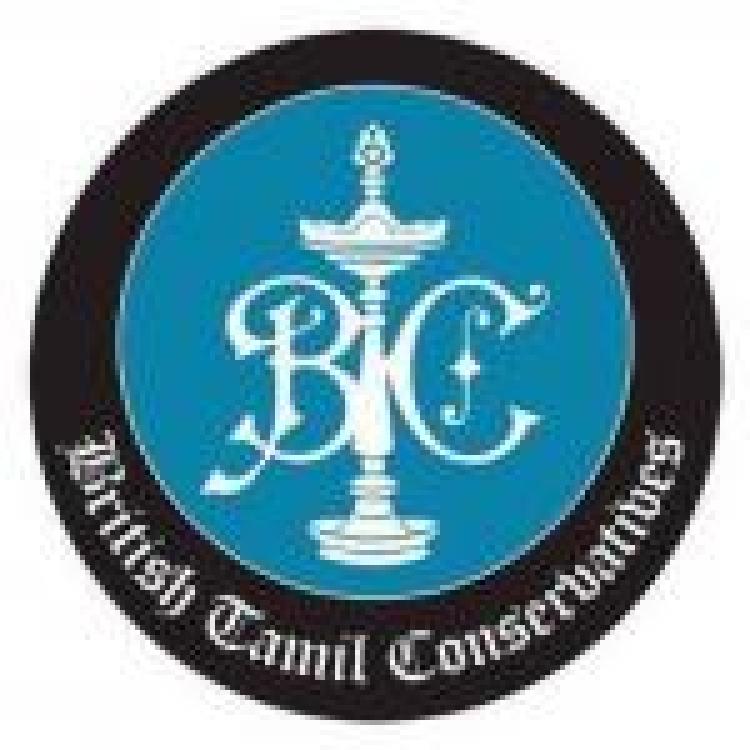The National Council of Canadian Tamils (NCCT) has cautiously welcomed the latest resolution on Sri Lanka passed at the UN Human Rights Council (UNHRC), but called on Canada to demand the Office of the High Commissioner for Human Rights (OHCHR) to investigate Tamil genocide.
“NCCT cautiously welcomes the new resolution (A/HRC/46/L.1/Rev.1) adopted on March 23 rd , 2021 at the United Nations Human Rights Council (UNHRC) as it includes some important progressive steps and a step towards attaining an international accountability process against Sri Lanka.”
The NCCT mentions the essential mandates of the new resolution including the demand for the “Office of the High Commissioner for the UNHRC to collect, consolidate, analyse and preserve information and evidence and to develop possible strategies for future accountability processes for gross violations of human rights or serious violations of international humanitarian law in Sri Lanka, to advocate for victims and survivors, and to support relevant judicial and other proceedings including in Member States with competent jurisdiction...” as well as recommendations to the international community concerning measures to bring justice and accountability.
Conversely, the NCCT express disappointment towards the exclusion of important recommendations from the OHCHR report in the new UNHRC resolution, adding that “the current resolution does not fully satisfy the Tamil peoples’ longstanding cry for accountability and justice as a victim community” and that “this resolution also does not include any immediate measures to prevent recurrence of violence and conflict.”
The NCCT also refers to the unanimous motion passed by the Canada House of Commons in 2019, to call on the “United Nations to establish an international, independent investigation into allegations of genocide against Tamils committed in Sri Lanka, including the last phase of the armed conflict in 2009” and requests the inclusion of evidence commencing post independence in Sri Lanka in order to “establish the Genocidal intent of the Sri Lankan state”.
In addition to measures towards referral of Sri Lanka to International Criminal Court or the creation of an ad-hoc Tribunal, the NCCT calls on Member States to “actively pursue their own investigation and prosecution before their own national courts, including under the principles of extraterritorial or universal jurisdiction” as well as “targeted sanctions, such as asset freezes and travel bans on those perpetrators who credibly committed grave human rights violations”.
“NCCT reiterates the need for urgency and swift international action against Sri Lanka in light of the continuing structural genocide. To protect Tamil people from the on-going genocide and to prevent recurrence of violence and conflict, a mechanism should be created under the international arbitration, to find a long lasting political solution that will address the legitimate aspirations of Tamil people in the island of Sri Lanka, based on their right to self-determination.”





